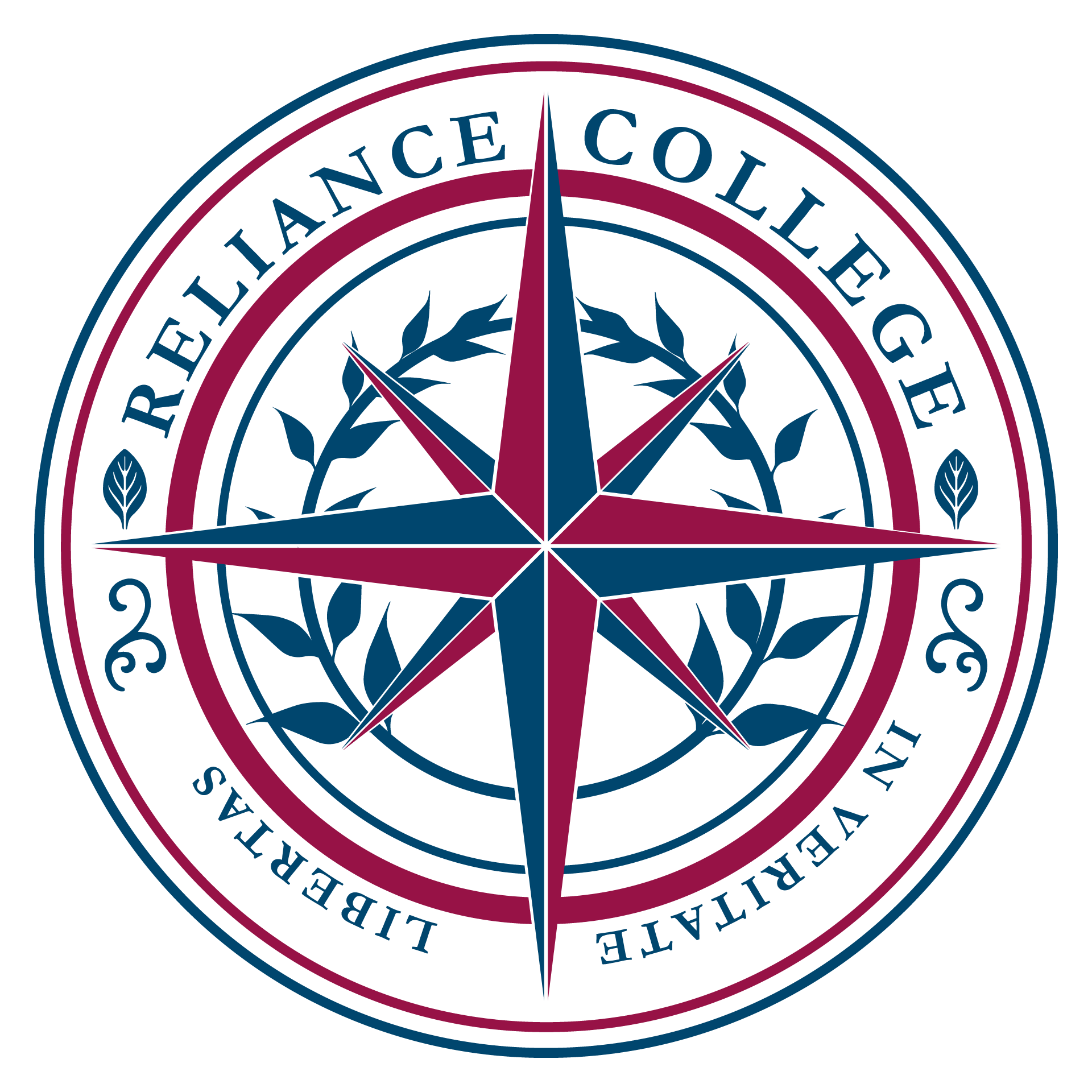In the 1950s, the Massachusetts Institute of Technology—a school world-renowned for science and engineering—required students to complete a two-year sequence in the history of Western Civilization. Though it wasn’t officially branded a “Great Books” program, that’s effectively what it was: a deep dive into the foundational texts of philosophy, literature, and history.
Students read and discussed thinkers like Plato, Aristotle, Epicurus, and the Stoics, alongside classic works of drama and political theory. Through this intensive reading and writing regimen, MIT students were expected to do more than master equations—they were asked to grapple with the biggest questions about reality, knowledge, ethics, and human flourishing.
One of those students was Ray Stata, who would go on to found Analog Devices, a multibillion-dollar semiconductor company.
From Circuits to Concepts
When Ray Stata enrolled at MIT, he came for the engineering—but it was the humanities that made the most lasting impression.
Before college, he’d never read a book on philosophy. But as he worked through MIT’s required courses, he encountered new ways of thinking—ways that challenged his assumptions and trained him to approach ideas with rigor and clarity.
He credits the program with transforming his ability to think critically and make better decisions—skills that proved vital in business and beyond.
Philosophy and Leadership
Stata believes his exposure to philosophy and the Great Books had a more profound impact on his success than his technical training.
When he founded Analog Devices, he embedded philosophical principles into the very culture of the company. Inspired by thinkers who emphasized individual responsibility and ethical reasoning, he built a decentralized, trust-based organization where employees were empowered to make decisions and take initiative.
His knowledge of ethics and epistemology—the philosophical study of values and knowledge—helped him navigate complex business challenges, evaluate new ideas, and maintain a sense of purpose even amid uncertainty.
The Disappearance of Great Books
By the time Ray Stata’s own son attended MIT, the Great Books sequence was gone.
Stata sees this not just as a loss for MIT, but as a broader trend across higher education. As universities increasingly focus on narrow specialization and technical training, many have abandoned the humanities core that once grounded students in critical thinking and the moral complexity of human life.
He believes this shift weakens students’ ability to reason through complex ideas—especially at a time when the world needs ethical, reflective leaders more than ever.
Lifelong Learning and the “Mathematics of Thought”
Stata didn’t stop reading philosophy after college. For decades, he continued to study the Great Books, engaging with new thinkers and revisiting old ones. He describes philosophy as the “mathematics of thought”—a structured way to approach problems, weigh arguments, and clarify one’s own reasoning.
In a world flooded with information and opinion, this kind of intellectual discipline is rare—and powerful.
The Need for Philosophy in a Tech-Driven World
As new technologies like artificial intelligence reshape society, Stata argues that engineers need more than technical skill—they need a grounding in ethics, human nature, and the philosophy of knowledge.
How do we define fairness in algorithms? What responsibilities do creators of powerful technologies bear? How do we distinguish truth from bias? These are not just technical questions—they are philosophical ones.
A Call to Restore the Great Books
Now in his later years, Stata is working with MIT faculty to reintroduce Great Books-style learning into the curriculum. Even if not required, he believes an elective program could spark tremendous interest—and perhaps pave the way for a larger revival.
After all, when students are given the opportunity to engage deeply with the ideas that have shaped civilization, many rise to the occasion.
Why It Matters
Stata’s story offers a powerful reminder: a great education is more than technical training. It’s about learning how to think—clearly, ethically, and with purpose.
Whether you’re designing a circuit, building a company, or shaping public policy, your success depends not only on what you know, but on how well you can analyze, communicate, and lead.
That’s why the Great Books still matter. And why they belong—even, and especially—in the most technical of classrooms.
How the Great Books Shaped a Billion-Dollar Business
If you’re curious to hear more about Ray Stata’s experience—and how the Great Books helped shape his thinking, leadership, and lifelong learning—don’t miss his powerful conversation with Marsha Familaro Enright.
Together, they explore the influence of philosophy on business, the decline of humanities in higher education, and the urgent need to bring back deep, rigorous thinking in today’s tech-driven world.
Watch the Full Interview Here
This is a compelling case for why education must go beyond job training—and how the Great Books can help form the kind of leaders the world needs now more than ever.
Step Into the Great Books—Apply Now
If you’re inspired by Ray Stata’s story and want to experience the kind of education that shaped his thinking—apply to the Great Connections Seminar.
This week-long, immersive program brings together ambitious students for Collaborative Discussions, deep reading of the Great Books, and hands-on exploration of ideas that matter.
You’ll sharpen your thinking, strengthen your communication skills, and build the kind of intellectual confidence that sets true leaders apart.
👉 Apply now and start making the connections that will shape your future. Spaces are limited—challenge yourself this summer.






